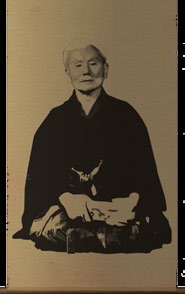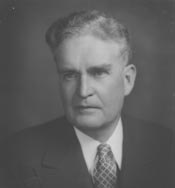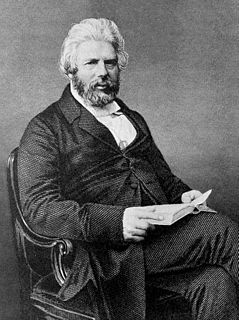A Quote by Gichin Funakoshi
Remember that you must always have a deep regard for courtesy, and you must be respectful and obedient toward your seniors.
Related Quotes
Learn their lesson, that if you would teach people you first must capture their interest with news; that your service rather than your sermons must be your claim upon their attention; that what you say must be simple, and brief, and above all sincere - the unmistakable voice of true regard and affection.
One is astonished in the study of history at the recurrence of the idea that evil must be forgotten, distorted, skimmed over. We must not remember that Daniel Webster got drunk but only that he was a splendid constitutional lawyer. We must forget that George Washington was a slave owner . . . and simply remember the things we regard as creditable and inspiring. The difficulty, of course, with this philosophy is that history loses its value as an incentive and example; it paints perfect man and noble nations, but it does not tell the truth.
We must not confuse dissent with disloyalty. We must remember always that accusation is not proof and that conviction depends upon evidence and due process of law. We will not walk in fear, one of another. We will not be driven by fear into an age of unreason, if we dig deep in our history and our doctrine, and remember that we are not descended from fearful men – not from men who feared to write, to speak, to associate, and to defend causes that were, for the moment, unpopular.
You must remember always to give, of everything you have. You must give foolishly even. You must be extravagant. You must give to all who come into your life. Then nothing and no one shall have power to cheat you of anything, for if you give to a thief, he cannot steal from you, and he himself is then no longer a thief. And the more you give, the more you will have to give.
Your enlightenment is perfect only when silence has come to be a celebration. Hence my insistence that after you meditate you must celebrate. After you have been silent you must enjoy it, you must have a thanksgiving. A deep gratitude must be shown towards the whole just for the opportunity that you are, that you can meditate, that you can be silent, that you can laugh.
You must be respectful and assenting, but without being servile and abject. You must be frank, but without indiscretion, and close, without being costive. You must keep up dignity of character, without the least pride of birth, or rank. You must be gay, within all the bounds of decency and respect; and grave, without the affectation of wisdom, which does not become the age of twenty. You must be essentially secret, without being dark and mysterious. You must be firm, and even bold, but with great seeming modesty.
This is the most important lesson you must learn about magic," Miss Ochiba went on. "There are many ways of seeing. Each has an element of truth, but none is the whole truth. If you limit yourselves to one way of seeing, one truth, you will limit your power. You will also place limits on the kinds of spells you can cast, as well as their strength. To be a good magician, you must see in many ways. You must be flexible. You must be willing to learn from different sources. And you must always remember that the truths you see are incomplete.
































